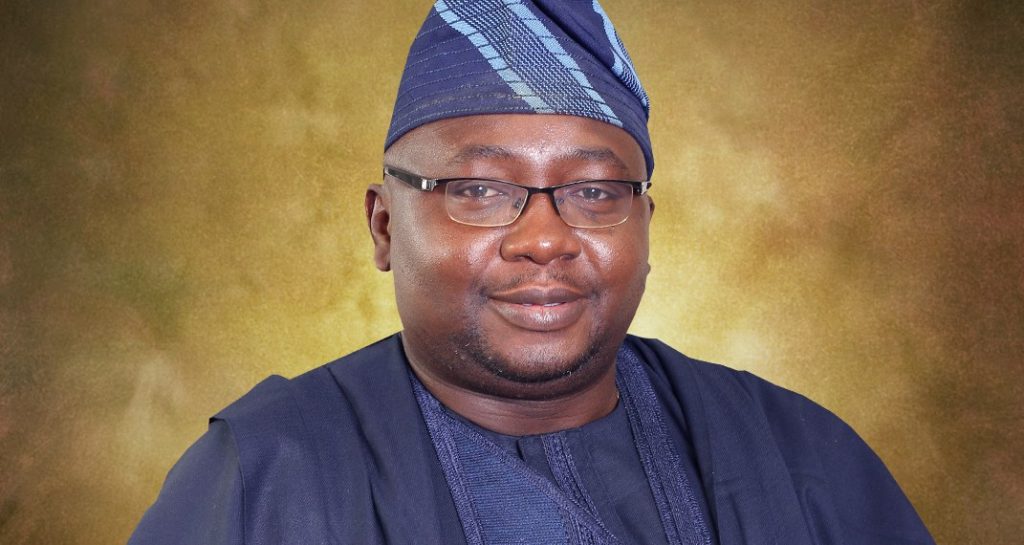The Federal Government is grappling with ongoing issues in Nigeria’s national electricity grid, marked by a troubling pattern of collapses. Recent investigations have pinpointed a combination of poor maintenance, aged equipment, and operational inefficiencies as primary drivers of these failures. The investigative committee, led by Nafisatu Asabe Ali, revealed that the national grid suffered its tenth collapse of 2024, with the most recent events on October 14 and 19 attributed to high voltage incidents that overwhelmed existing infrastructure. Specifically, failures at the Jebba and Oshogbo transmission stations—triggered by the shattering of lightning arrestors and a current transformer explosion—highlighted the vulnerable state of the grid.
The report underscores systemic shortcomings in Nigeria’s power sector. The committee’s findings indicate that the Jebba station, which dates back to 1968, has aged equipment that is not only prone to high voltage but also poorly maintained. During the investigation, it was determined that the absence of a secondary reactor at Jebba exacerbated voltage fluctuations, leading to conditions where equipment insulation degraded, increasing the risk of failure. Moreover, the committee highlighted the need to reassess the relay protection settings and coordination strategies across the network to mitigate high voltage risks that are prevalent in various locations, with Jebba being particularly susceptible.
The impact of inadequate human resources, inconsistent maintenance schedules, and external threats such as vandalism further compounds the problems besetting the national grid. These factors collectively create a precarious environment where the performance of power infrastructure falters under pressure. In response to the findings, Chief Adebayo Adelabu, the Minister of Power, indicated a proactive approach to securing additional funding through both supplementary and appropriative budgets to address these pressing concerns. Adelabu acknowledged the “worrisome” state of the grid, expressing a personal commitment to implementing reforms.
The government aims to tackle the crisis through a variety of measures as outlined in the committee report. Recommendations include conducting thorough audits and testing of existing equipment, enhancing maintenance practices for transmission lines and equipment, and installing harmonic filters. Additionally, suggestions to decentralize operations and enforce a ‘Free Governor Mode of Operation’ aim to optimize grid stability and efficiency. Removing temporary fixes, such as ad-hoc taped optic fibers, from the optic ground wires is also part of the proposed solutions, indicating a move towards more reliable and permanent infrastructure enhancements.
Adelabu indicated that while immediate funding requests would be made, there would also be a concerted effort to outline the financial ramifications of necessary reforms in an amended report to the President. There is a sense of urgency within the Ministry to restore confidence in Nigeria’s power sector, which has faced years of systemic failure, increasing public frustration and economic instability. The Minister’s intention to advocate for swift implementation and budget allocations reflects a critical acknowledgment of the severity of the situation and the need for government-led intervention.
Following the presentation of the report, a closed-door meeting was convened to further dissect the findings and formulate an action plan before it is presented to the President. There is widespread acknowledgment that without substantial reform and investment, the national grid will continue to experience debilitating failures that disrupt power supply and hinder national development. The actions taken in the coming months will be pivotal for rebuilding infrastructural integrity and restoring reliability in Nigeria’s electricity delivery, which is essential for economic growth and public welfare.














